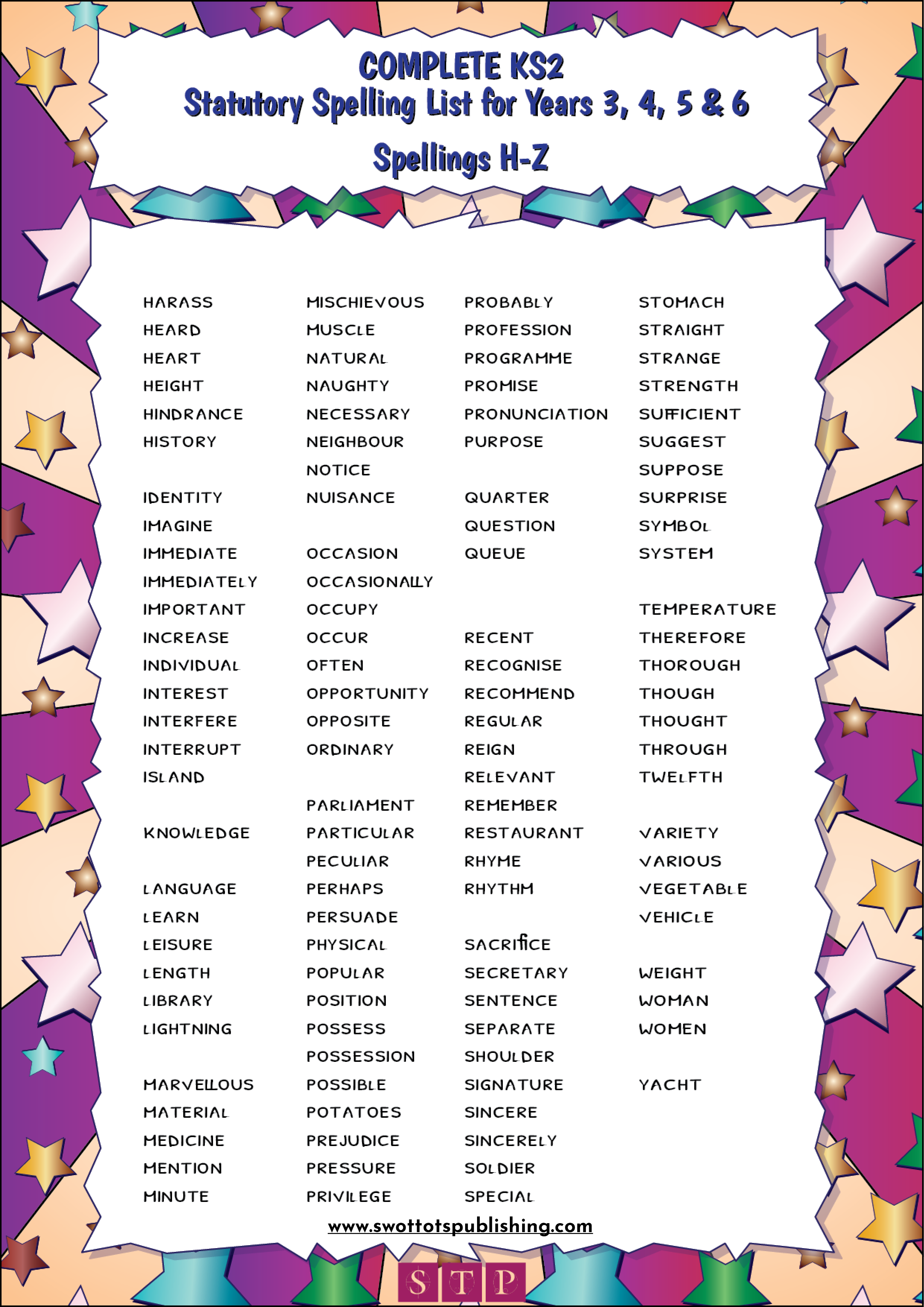

'Duck' comes from a theoretical Old English word * duce, presumably from the verb ducan ('duck', 'dive'). The word ened likely has a PIE origin, compare Latin anas, Lithuanian antis and Old Greek nēssa ('duck'). Old High German antrahho seems to be a combination of ant (cognate of Old English ened) and trahho (cognate of drake), but the OED holds that the conjectured cognate in Old English (unattested * andrake) "has no basis of fact". 'Drake' first appeared around 1300 and ened was lost thereafter. The word pelican was borrowed into Middle English, ultimately from Ancient Greek. Compare German Tier, Dutch dier, Swedish djur, Danish and Norwegian dyr, Icelandic dýr. At some point in the Middle English period the more specific meaning of 'deer' became common, with the original meaning becoming lost by the end of the period. Dēor is the etymon of English ' deer', although dēor as 'deer' is attested as early as around 893 by Alfred the Great. It is most likely to have been common Germanic. The Middle English dove is thought to come from Old English, but the assumed form (* dūfe) is not attested, cf. 'Culver' is first attested in English around 825 and 'dove' around 1200. The OED acknowledges this possibility, but asserts that it is more likely native. culfre: ' dove', ' pigeon' has survived dialectally as ' culver', which the AHD believes comes from Vulgar Latin colombula.cāwelwyrm: ' caterpillar' (see lēafwyrm).Its modern descendant, ' eelpout', is occasionally used for the burbot, although it has come to define a different animal. 'Burbot' first occurred in English around 1475. The Old French word borbote had replaced ælepūte by the Middle English period. Old English āðexe does survive dialectally as ask ('newt', 'eft', 'lizard'): cf. The earliest occurrence of the word (spelled lusarde) is in the poem Piers Plowman (written about 1360–1399). Lizard was borrowed into Middle English from Old French lesarde, from Latin lacertus. Compare German Eichhorn, Dutch eekhoorn, Icelandic ikorni, Swedish ekorre, Danish egern, Norwegian ekorn. Displaced by Anglo-Norman esquirel and Old French escurel, from Vulgar Latin scuriolus, diminutive of scurius, variant of Latin sciurus, from Ancient Greek σκίουρος (skíouros). Old English dēor, gesceaft, gesceap, nēat and iht were all eclipsed by ' animal', 'beast', 'creature' and 'critter'. Modern English has no Germanic words for 'animal' in the general sense of 'non-human being'. Many of these changes came with the introduction of Old Norse and Norman French words, while others fell away due to natural evolution. Some words were forgotten while other near- synonyms in Old English replaced them ('limb' remains in common use, but lið remains only dialectally as lith). The Old English synonyms are now mostly either extinct or considered crude or vulgar, such as arse/ass. Nearly all words relating to sexual intercourse and sexual organs as well as "impolite" words for bodily functions were ignored in favor of words borrowed from Latin or Ancient Greek. Certain categories of words seem to have been more susceptible. bōchūs ('bookhouse', 'library'), yet the components 'book' and 'house' were kept. Some linguists estimate that as much as 80 percent of the lexicon of Old English was lost by the end of the Middle English period, including many compound words, e.g. There are also many words in Modern English that bear little or no resemblance in meaning to their Old English etymons. Many words that existed in Old English did not survive into Modern English.


 0 kommentar(er)
0 kommentar(er)
